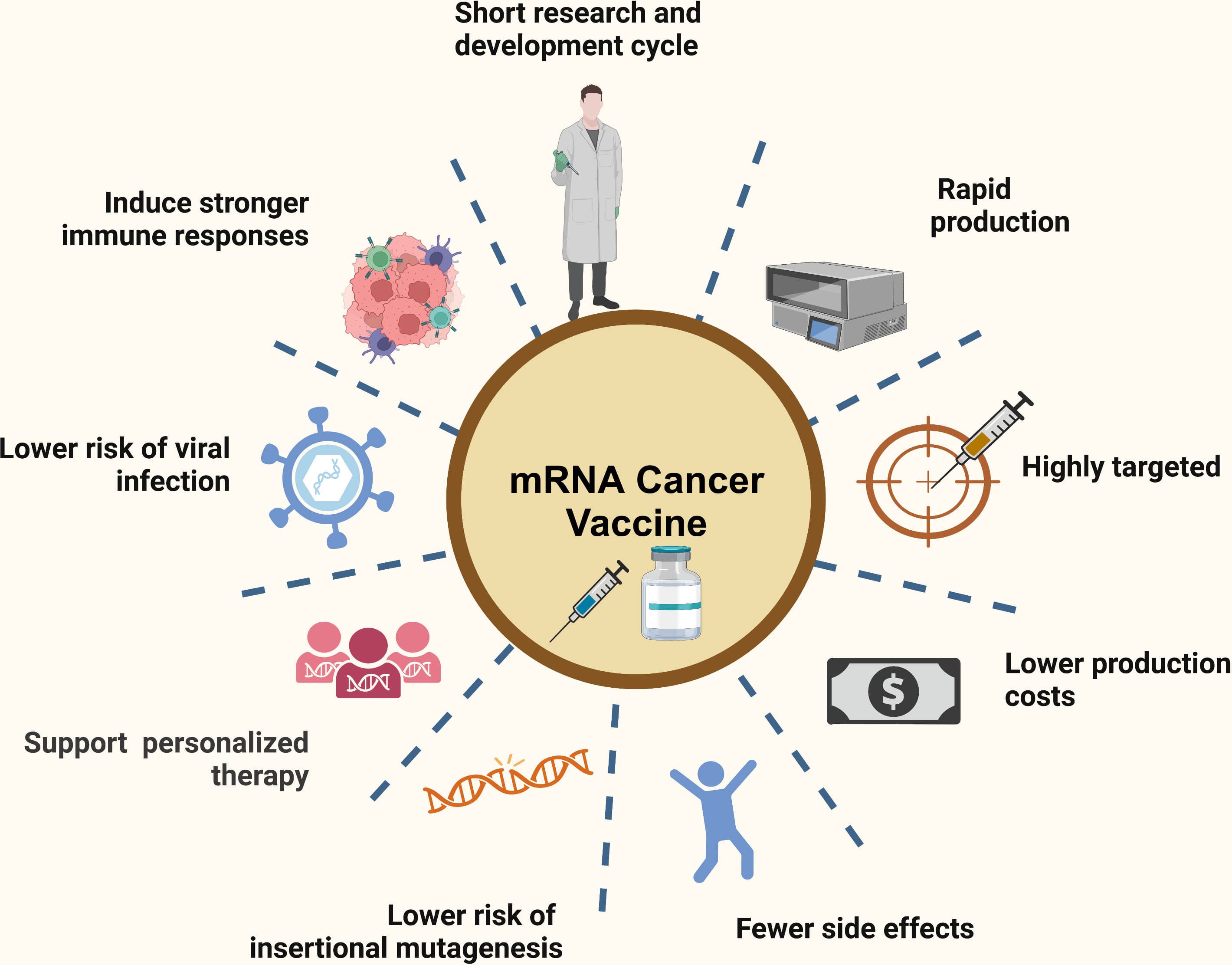mRNA Vaccines: A New Frontier in Cancer Prevention and Treatment, Debunking "Turbo Cancer" Claims

Recent scientific consensus and ongoing research strongly indicate that mRNA vaccines do not cause cancer; instead, they represent a significant advancement in the prevention and treatment of various malignancies. This perspective directly refutes circulating misinformation, often termed "Turbo Cancer," and highlights the burgeoning field of mRNA-based oncology.
The notion of "Turbo Cancer," suggesting aggressive cancers caused by mRNA vaccines, is "unfounded" and lacks scientific backing, according to the Global Vaccine Data Network. Experts emphasize that mRNA vaccines do not contain live viruses or genetic material capable of altering cellular DNA, thus presenting no plausible mechanism for causing cancer. The temporary nature of mRNA in the body, which degrades rapidly after delivering its instructions, further underscores its safety profile.
Instead of causing cancer, mRNA technology is being leveraged to combat it. Messenger RNA vaccines are showing immense promise in immunotherapy by delivering genetic instructions to produce tumor-specific antigens, thereby training the immune system to recognize and destroy cancer cells. This approach has led to significant breakthroughs in clinical trials for various cancers, including melanoma and pancreatic cancer.
For instance, the individualized mRNA-4157 (V940) vaccine, combined with pembrolizumab, reduced the risk of recurrence or death by 44% in resected high-risk melanoma patients, as reported in a randomized phase 2b trial. Similarly, BioNTech's BNT111 and autogene cevumeran have demonstrated durable immune responses and survival signals in advanced melanoma and pancreatic cancer patients. These therapeutic vaccines aim to activate robust cytotoxic T-lymphocyte responses, complementing existing treatments like checkpoint inhibitors.
The rapid development and adaptability of mRNA technology, prominently displayed during the COVID-19 pandemic, are now proving invaluable in oncology. This speed allows for the creation of personalized cancer vaccines tailored to a patient's unique tumor mutations, offering a highly precise and potent anti-tumor effect. Continued investment and research in this field are crucial for realizing the full potential of mRNA in revolutionizing cancer care.